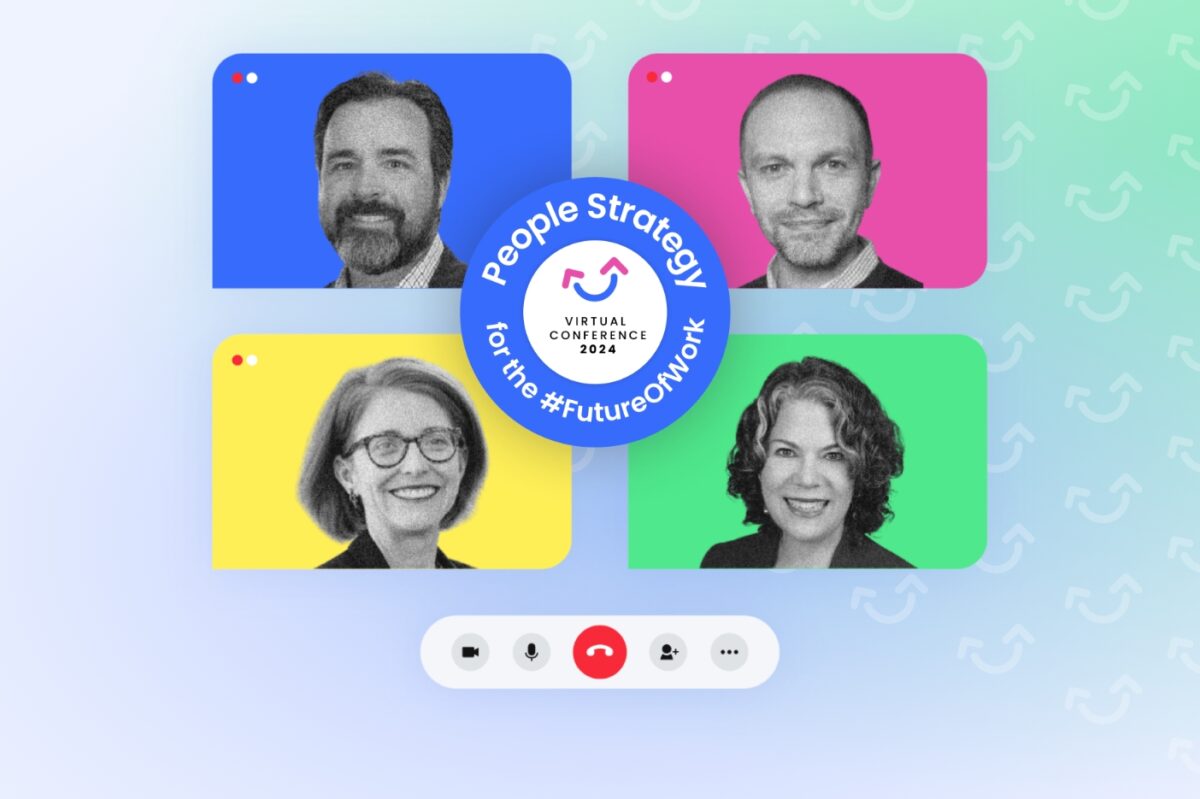The holiday season is upon us and even if you don’t celebrate the holidays in the religious sense, we are all aware that holidays are also considered the season of gratitude. But while we apply that gratitude to our friends and family, and are thankful for their presence in our lives, why is so hard to express or receive gratitude at work?
In most organizations, there tends to be an ingrained attitude where we wonder, why express gratitude for something a person is being paid to do? Isn’t a monthly salary, a yearly raise, a few perks etc enough thanks?
Certainly, this line of thinking follows a logical path. We are all getting paid to do what we do, so there is a benefit to being employed. But, there’s one thing a lot of us fail to consider. We don’t come to work every day and do our best simply because we want to get paid.
A lot of us work because we find meaning through work and invest our time and resources in working hard because we want to make meaningful contributions. We also want to build meaningful relationships with like-minded people and enjoy being a part of a greater purpose.
But self-motivation can only take us so far. We want to be recognized and thanked as well.
According to this study by Adam Grant and Francesca Gino:
“It was found that “thank you” from a supervisor gave people a strong sense of both self-worth and self-efficacy. The Grant and Gino study also reveals that the expression of gratitude has a spillover effect: Individuals become more trusting with each other, and more likely to help each other out.”
While this study cannot speak for organizations all over the world, it does highlight a good point. Something as simple as a “thank you” gave people an increased sense of self-worth.
Being sincerely and genuinely thanked for doing good work not only helps an employee’s sense of self-worth, but it also creates a positive feedback loop. It feels good to know that you helped make someone’s day and it feels good to know that someone thinks highly enough of you that they appreciate your work. And what is more, people who receive gratitude are far more likely to pay it forward than those who don’t.
Organizations benefit from a deeply-ingrained culture of gratitude. But how do you build a culture of gratitude in an organization where there is none?
Rid the stigma surrounding gratitude
Being grateful is not weak and neither should it be seen that way. Yet, many employees, even managers, and CEOs shy away from expressing gratitude to one and other, because the gesture seems to be ‘weak’. The real weakness lies in letting pride get in the way of expressing your thankfulness. Which brings me to my next point.
Gratitude begins with you
You cannot exhort your employees to be grateful and not do anything about it yourself. Gratitude begins with you (you being a senior executive or the CEO). Take time out of your day to thank people for doing their jobs and doing them well. Your organization’s success does depend on the hard work of so many people who might be going above and beyond the call of duty to fulfill their responsibilities. As a senior leader or executive, you leading the way and showing the way is going to have a lot more impact than an HR administrator asking employees to express gratitude.
Everyone deserves gratitude
There’s no job in an organization that is more important than the other. And no employee is better than the other or lesser than the other. Therefore, when expressing gratitude to employees, it is important to express it to every employee equally, be they big or small. They all deserve it equally. From the janitor to the CEO, everyone plays a big role in an organization’s success.
It’s not the size of the gesture that matters
People seem to labor under the misapprehension that gestures of gratitude have more weight when they are big and grand. But in actuality, it’s not the size of the gesture that matters, but the sincerity of it. A few grateful words, straight from the heart carry a lot more weight than a big, impersonal spectacle. Most people just want their work to be acknowledged. The bells and whistles that come along with recognition are just an added bonus.
References:
- http://greatergood.berkeley.edu/article/item/five_ways_to_cultivate_gratitude_at_work
- https://www.psychologytoday.com/blog/prefrontal-nudity/201211/the-grateful-brain
Engagedly has a social recognition module that allows you to express thanks to colleagues, peers, managers, etc. To take a look at how the module works, you can request a demo!
Request A Demo
Author
Jacqueline Martinez
Director of Marketing
Jacqueline Martinez is the Director of Marketing at Engagedly, where she leads initiatives to fuel the marketing-to-sales pipeline through strategic content management, revenue operations, and thoughtful mentoring. She is a growth-focused marketing executive with extensive experience driving multi-million-dollar revenues across SaaS, technology, real estate, oil & gas, and financial services industries.






